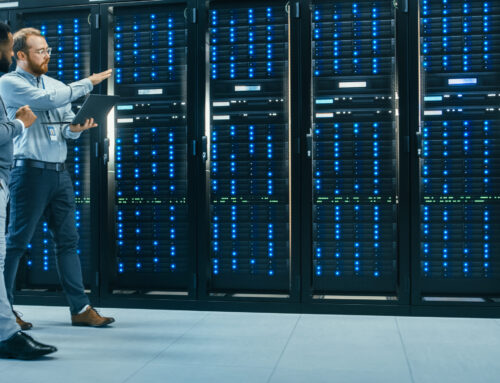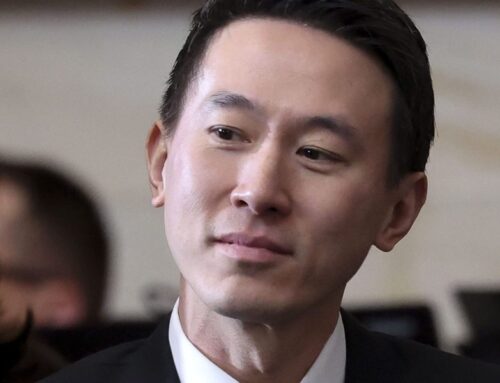Mark Zuckerberg says Meta ‘misspending a couple of hundred billion’ in the U.S. would be ‘
September 23, 2025
Meta CEO Mark Zuckerberg emphasized his desire to remain politically neutral during a recent interview with tech journalist Alex Heath on the Access podcast, saying “the thing that I want to stay out of is partisan politics” while discussing his evolving relationship with the Trump administration and a controversial $600 billion investment pledge.
The comments came as Zuckerberg addressed his recent pivot toward working more closely with President Donald Trump, including his announcement that Meta would invest “at least $600 billion through 2028” in U.S. infrastructure during a White House dinner with tech leaders. A hot-mic moment captured Zuckerberg apologizing to Trump afterward, saying “Sorry, I wasn’t ready. I wasn’t sure what number you wanted to go with.” (Susan Li, Meta’s CFO, later clarified Zuckerberg’s comment, saying the $600 billion figure represents “the total envelope” of the company’s U.S. investment plans through 2028, including data centers, infrastructure, and business operations.)
Despite his claims of political neutrality, Zuckerberg acknowledged the necessity of engaging with government officials. “We will always want to work with and have a good partnership and collaboration with governments,” the 41-year-old Facebook founder told Heath. “That’s going to be especially true in our home country, but it’s also true in other countries around the world where we serve large amounts of people.”
Zuckerberg explained his distinction between political engagement and partisan activity, suggesting his recent overtures to the Trump administration represent necessary business collaboration rather than ideological alignment.
“I think this administration for a number of reasons is definitely more forward-leaning on wanting to help build out infrastructure,” Zuckerberg said, referring to the current regulatory environment as more favorable to tech companies.
This stance marks a significant evolution from Zuckerberg’s previous political involvement. He was once a vocal advocate for progressive causes, co-founding immigration reform organizations and contributing hundreds of millions to election infrastructure in 2020. However, after facing criticism from both political parties, he began distancing himself from overtly political activities.
In a 2024 letter to Congress, Zuckerberg expressed regret over his company’s response to Biden administration pressure to moderate COVID-19 content and pledged neutrality going forward. “My goal is to be neutral and not play a role one way or another—or to even appear to be playing a role,” he wrote.
While Zuckerberg maintains his goal of political neutrality, his actions suggest a calculated approach to managing relationships with power centers rather than true disengagement from politics. His recent policy changes, including ending fact-checking partnerships and relaxing content moderation, have drawn criticism as concessions to conservative pressure rather than principled neutral positions. His recent appointments of Republican-leaning executives, including Joel Kaplan as global policy chief and UFC CEO Dana White to Meta’s board, have also signaled a strategic shift toward making Meta more conservative-friendly.
Zuckerberg’s Access interview also covered the company’s various artificial intelligence and super intelligence projects, as well as the build-out of infrastructure to make these technologies possible. But Zuckerberg said something interesting on the topic of Meta’s $600 billion investment into the U.S.: He acknowledged it’s objectively a ton of money, but conversely, not investing enough right now, given the company’s AI and AGI ambitions, could be even more damaging.
“If we end up misspending a couple of hundred billion dollars, I think that that is going to be very unfortunate obviously,” Zuckerberg said. “But what I’d say is I actually think the risk is higher on the other side. If you if you build too slowly and then super intelligence is possible in three years, but you built it out assuming it would be there in five years, then you’re just out of position on what I think is going to be the most important technology that enables the most new products and innovation and value creation and history.”
You can watch the full Access interview with Zuckerberg below:
This story was originally featured on Fortune.com
Terms and Privacy Policy
Search
RECENT PRESS RELEASES
Related Post




